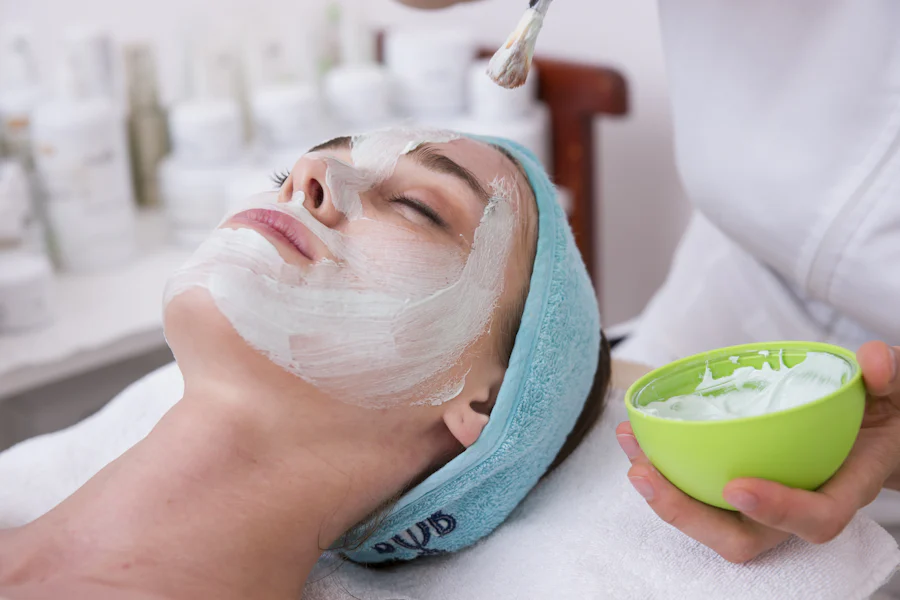Acne is a common skin condition that affects millions of people worldwide. Recent research has highlighted the potential of prebiotics and probiotics in treating acne. These beneficial bacteria can help balance the skin microbiome, reduce inflammation, and improve overall skin health. Let’s explore the latest findings and how these treatments work.
Understanding Acne
Acne occurs when hair follicles become clogged with oil and dead skin cells. This can lead to whiteheads, blackheads, and pimples. Factors like hormones, bacteria, and inflammation play a significant role in acne development.
The Role of the Skin Microbiome
The skin is home to a diverse community of microorganisms, known as the skin microbiome. A healthy balance of these microbes is crucial for maintaining skin health. Disruptions in this balance can contribute to skin conditions like acne.
How Prebiotics and Probiotics Help
Prebiotics are non-digestible fibers that feed beneficial bacteria. Probiotics are live beneficial bacteria that support skin and gut health. Both can help restore balance to the skin microbiome and reduce acne symptoms.

Research Findings
1. Probiotics and Acne
A study published in Fermentation found that probiotics can decolonize skin pathogens like P. aeruginosa and S. aureus, which are linked to acne. Probiotics also help reduce inflammation and support the skin’s natural defenses.
2. Gut-Skin Axis
Research shows a strong connection between gut health and skin health, known as the gut-skin axis. Probiotics can improve gut health, which in turn can positively affect the skin. This holistic approach can help manage acne from the inside out.
3. Topical Applications
Topical probiotics have shown promise in treating acne. A randomized clinical trial concluded that a probiotic lysate of Bifidobacterium longum significantly reduced skin sensitivity and improved barrier function. This suggests that topical probiotics can help manage acne by strengthening the skin barrier and reducing inflammation.
Latest Treatments
1. Probiotic Supplements
Taking probiotic supplements can help balance the gut microbiome, which may reduce acne symptoms. Look for supplements containing strains like Lactobacillus and Bifidobacterium.
2. Topical Probiotics
Applying probiotic-infused skincare products can directly benefit the skin. These products can help reduce inflammation, balance the skin microbiome, and improve overall skin health.
3. Prebiotic Skincare
Prebiotic ingredients in skincare products feed the beneficial bacteria on the skin. This helps maintain a healthy microbiome and can reduce acne symptoms. Ingredients like inulin and oligosaccharides are commonly used as prebiotics in skincare.
Conclusion
The latest research highlights the potential of prebiotics and probiotics in treating acne. By balancing the skin microbiome and reducing inflammation, these treatments offer a promising approach to managing acne. Whether through supplements or topical applications, incorporating prebiotics and probiotics into your skincare routine can lead to healthier, clearer skin.
References:
- PubMed. “Impact of prebiotics and probiotics on skin health.”
- MDPI. “Functional Role of Probiotics and Prebiotics on Skin Health.”
- NCBI. “The Role of Probiotics in Skin Health and Related Gut–Skin Axis.”
- Springer. “The Potential of Probiotics and Prebiotics for Skin Health.”
- Synergie Skin. “Role of Prebiotics, Probiotics, Postbiotics In Skincare.”
- Springer. “Facial Acne: A Randomized, Double-Blind, Placebo-Controlled Study.”



